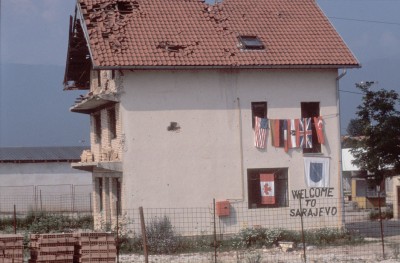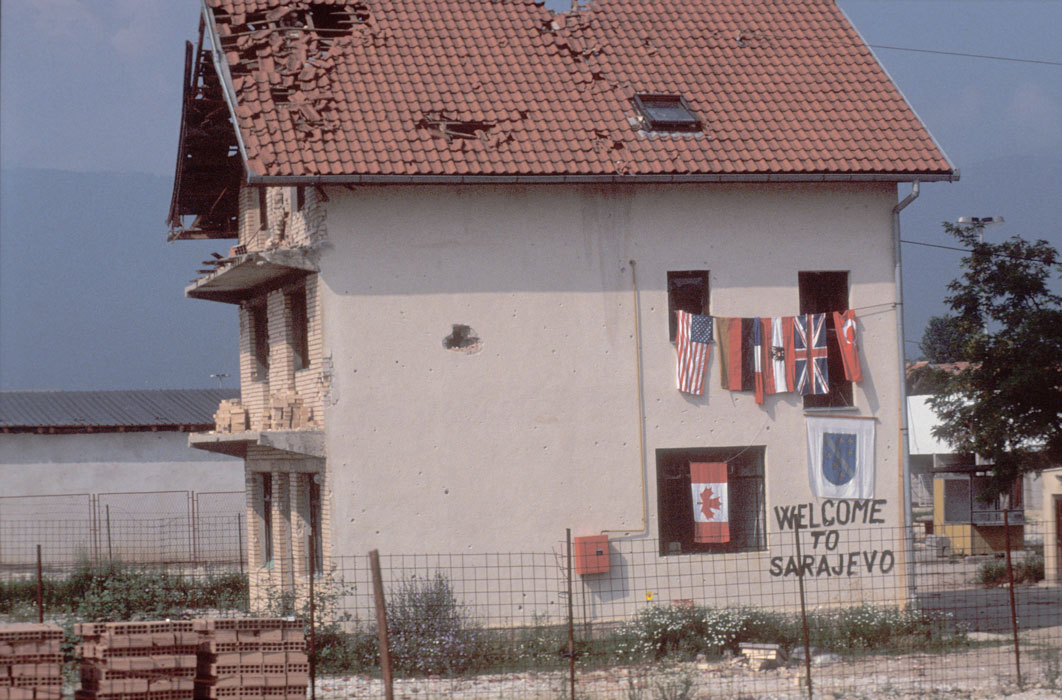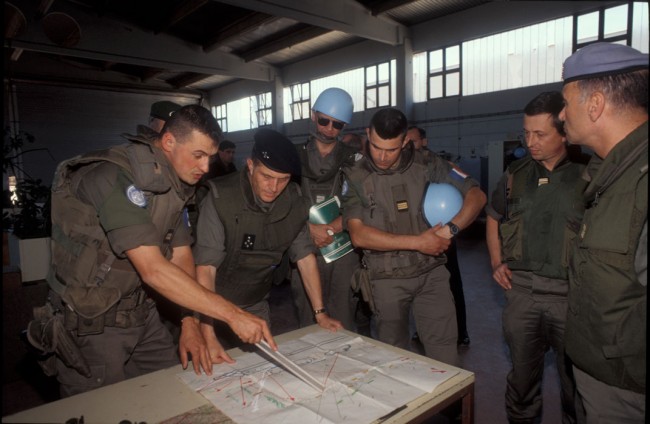[Yugoslavia Memory of a disaster] 1992. The indictment of the “Twelve” against Serbia
(BRUSSELS2, opinion) By coincidence and events, the European Union has just received its Nobel Prize and has once again decided on enlargement to the countries of the former Yugoslavia, 20 years after the meeting Edinburgh, December 11 and 12. A summit that took important decisions on a number of points, at a time when the United Kingdom led by John Major still counted... Probably more than today... because he knew how to block but also animate the debates . This summit thus gave birth to a declaration on the former Yugoslavia where the words of ethnic purification are pronounced and the person in charge designated...
In full siege of Sarajevo
But while the worst - Srebrenica and other massacres - has not yet occurred, the "Twelve" accuse: The current leaders of Serbia and the Bosnian Serbs bear the primary responsibility for the conflict and its brutality. The main victim of the actions of all parties has been the Muslim population of Bosnia and Herzegovina. In defiance of United Nations Security Council resolutions, the Serb forces in Bosnia and Herzegovina have embarked on a savage campaign of military aggression, "ethnic cleansing", persecution and torture of civilians »
Criminals are warned
« The perpetrators of all these crimes against humanitarian law committed by the various parties will be held personally responsible and brought to justice. The Serbian authorities in Belgrade bear an equally great responsibility insofar as they foment the conflict and refrain from using their influence and their undeniable means to contain it. »
The Serbs are faced with a choice
« The Serbian nation faces a clear and imminent choice. If a radical change of policy takes place and genuine cooperation in the peace process is established, Serbia will gradually be reintegrated into the international community. (...) If, on the other hand, the regime in Belgrade continues its current policy, the international community will step up its action, inter alia by strengthening and extending the existing sanctions and by obstructing Serbian participation in any international institution, which which will totally isolate Serbia for a long time. »
 And certain intangible principles are recalled
And certain intangible principles are recalled
« The European Council recalls that the international community will not accept the acquisition of territory by force. Nor will it accept the partition of Bosnia-Herzegovina. »
Of course...
...These are just words. But when compared with the Council's latest productions on the situation in Syria or the Congo, one can only be struck by the weakening, or rather the dulling of European statements on the world. As if the "27" of today no longer dared to use simple and clear language. Today, however, it would be time to learn the lesson, and to measure the path traveled by Serbia, which deserves to resume the path of Europe. Which can only, in my opinion, calm the situation in the region.
Download the Edinburgh Declaration
NB: if you have not already done so, watch a short film produced by the services of the Council of the EU, on the occasion of the Nobel Prize award ceremony. It is in my opinion one of the best audiovisual productions of the moment which leaves the somewhat stuffy tone usually used by institutional productions (moreover you can choose the subtitle in the desired language).


